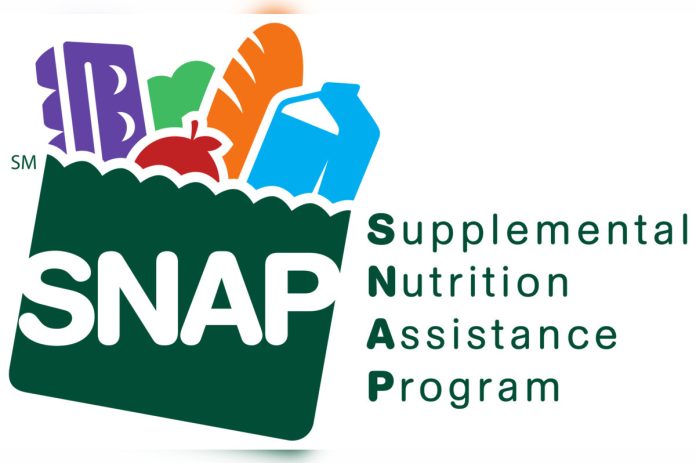In the wake of two federal courts compelling the Trump administration to release funds for the Supplemental Nutrition Assistance Program (SNAP), the U.S. Department of Agriculture has announced it will only partially fund the program for November, despite having the potential to fully cover the cost. Representative Doris Matsui, highlighting the importance of SNAP in her Sacramento district, revealed the program’s critical role in supporting about 90,000 individuals, as reported by ABC10. Amidst the government shutdown, Matsui criticized the administration’s response, noting that the Secretary’s office, while operational, has not acted to fully reinstate benefits.
A promise of partial funding, amounting to roughly $4.65 billion—a stark comparison to the regular $8 billion monthly benefits—offers only a temporary salve for the 1 in 8 Americans who depend on SNAP, a situation marked by worry as the exact benefit amount and disbursement timing remain uncertain, with payment processing potentially taking two weeks in some states, and Amber Stott, CEO of Sacramento’s Food Literacy Center, affirmed that families are already under pressure, saying, “The kids that we work with — 90% of them already do not have enough to eat at home,” as noted by ABC10. Community-based efforts, though earnest, can hardly fill the consequential void—a sentiment echoed by Sam Greenlee, CEO of Alchemist Community Development Corporation, who noted the $28.5 million monthly financial influx from SNAP to the Sacramento economy, an amount difficult if not impossible to compensate for with traditional food drives.
On a concurrent legal front, California’s Attorney General Rob Bonta led a coalition of attorneys general and governors in suing the USDA over the cessation of the SNAP benefits, a move eventually resulting in the court-mandated partial funding decision; yet Bonta has criticized the incomplete measure as firstly an unlawful act only corrected upon court intervention and secondly, a manifestation of moral deficiency given the nation’s resources. “Americans of all political persuasions have rightfully been outraged,” Bonta stated, emphasizing that full funding was within the realm of possibility for the federal government, as per a report by the Attorney General’s Office.
As the Trump administration released its intent to tap into emergency funds for SNAP, conveyed in a new legal filing, the lingering delay and reduced benefits continue to fuel agitation among recipients and their advocates, with Attorney General Bonta pointing to the unwarranted scramble for sustenance faced by 42 million SNAP beneficiaries and the disturbing images surfacing from overcrowded food pantries across the nation, suggesting a larger story of neglect toward those in need, as the administration’s actions remain under legal and public scrutiny.



